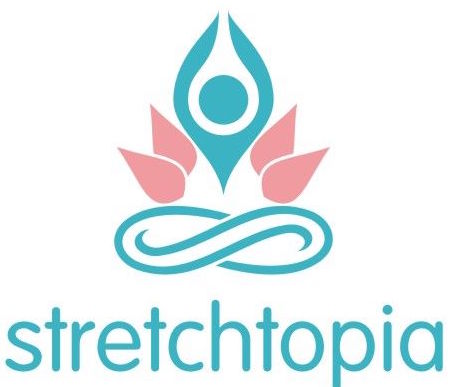

Hooray! You’ve completed the hard work of Yoga Teacher Training.

Excited to start teaching students and making some coin?
Of course you are!
Thank goodness the folks at the teacher training taught you all of the important legal and financial considerations involved in running your own business and being an independent contractor.

Wait, they didn’t?
Good news, we’re here to help. In this post I am going to walk you through the pros and cons of the two business types you can form as a yoga instructor and some tips on how you can further limit your liability.
Let’s get to it then.
The Internet says I should avoid being a sole proprietor. Is this right?
Great question. There are lots of blogs out there that claim this is a no-brainer decision, kind of like doubling down on an eleven.
BUT, like most things in life, the choice is not quite that easy.
At the end of the day, the question you really need to be asking yourself is:
Would I rather have less paperwork & up-front fees OR be less on the hook for the debts of the business?
If you lean more towards the former, a sole proprietorship might be for you.
SPs are very simple to create. So easy in fact that in most states all you really need to do is file a fictitious business name statement if you are using a name other than yours (such as Holly’s Stretchtorium) AND get a free EIN from the IRS if you want to use something other than your personal SSN or you plan on hiring employees.
Boom: Here is a link to where you can apply for an EIN.
You might also want to set up a separate bank account to make things easier come tax time.
*Pssst* This is a good idea. Check out our article “4 Simple Tax Tips for Yoga Instructors” for more info on why.
But, here is where things get tricky
With a SP, you are personally liable.
Wait, what does that mean?!
Well, it means that you are on the hook for all of the debts of the business. In fact, it might be helpful to think of you and the business as one person. Attached at the hip as it were.
Weird, right?
Keep in mind that debt includes more than just that palette of fancy Lululemon outfits you charged on the business card. It also includes money judgments from lawsuits.
Now, you might scoff at this and retort with “but I already have professional liability insurance.”
That’s good. But, unfortunately insurance doesn’t always protect you. Here is a great article explaining why.
You might also think something along the lines of “I don’t have any money for collectors to come after anyway.”
In the legal world, we refer to this a being judgment proof. And while this may technically be a correct statement in certain situations, it can be risky to operate with this mindset. Money judgments tend to last a long time, and you may come into cash at some point in the future. After all, we have all the faith in the world that you will be a hugely successful yoga instructor!
So, you’re saying go with the LLC, then?
Whoa there cowboy, not so fast.
First let’s talk about what a Limited Liability Company or LLC is (and is not).
An LLC is a separate legal entity from you, meaning that most debts incurred by the business (including lawsuit money judgments) do not fall on you. There are some exceptions to this in case where you are mixing funds or doing things like committing fraud.
But, that won’t be you, will it?
Good.
Now the tough part
LLCs require a lot more paperwork to set up. Most states require you to draft Articles of Incorporation, appoint a registered agent, and complete and file a Statement of Information along with the paying of various filing fees.
In some states, you must pay what is known as a minimum franchise tax, which is $800 here in California. This must be paid even if you do not have any yoga income whatsoever.
That comes out to about 8 Manduka PRO yoga mats. Every. Year.
Well, now I don’t know what to think
That’s not surprising. Business formation decisions for independent contractors can be difficult.
To recap: On the one hand, an LLC offers significant protection over an SP, but it also comes with more paperwork and up front costs.
An SP is easy to setup and will cost you less in filing fees, but will leave you very exposed to debts.
Unfortunately, the choice is not the same for everyone and you will need to take into account how risk adverse you are, the amount of money you have, and your work situation (for example, some studios may require you to form as an LLC).
In addition, regardless of which business type you choose, consider having your students sign a liability waiver and consent agreement. Check out our article on waivers for more info on what these are and how they can protect you. We also offer a template you can use FREE of charge.
Author: Christine Mathias
Hi, I’m Christine Mathias, licensed attorney and owner of Stretchtopia. With over ten years of legal experience, I use my skills to help businesses and nonprofits thrive. Using my experience running a workplace yoga organization, I am excited to help other yoga business owners tackle their legal issues and other organizational, financial, and marketing obstacles.



Great informative article! I opened an LLC for my online editing services though in retrospect, I should’ve gone with a sole proprietorship and saved the paperwork for starting my yoga business as there are more liabilities. The hefty franchise price tag is a major deterrent for me in forming another LLC for my yoga business. Back to square one…